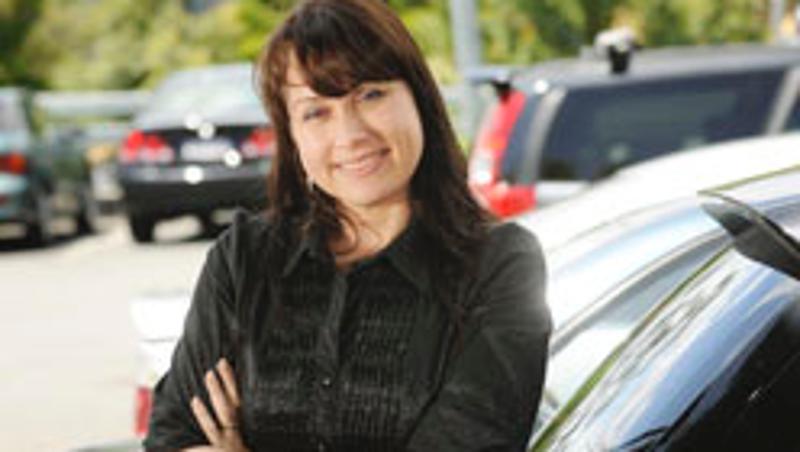
More deaths could be avoided if roads were made safer for older drivers and parents played a more active role in the driving lives of their P plated children, research from CARRS-Q, the Centre for Accident Research and Road Safety Queensland, has found.
The findings were presented today at an Australasian College of Road Safety seminar at the Queensland University of Technology (QUT).
CARRSQ researcher Dr Mark King said older drivers were more likely than middle-aged or younger drivers to have a crash at intersections with Stop or Give Way signs.
"This is because older drivers can have difficulty processing information quickly, are less able to judge distances accurately and make on-the-spot decisions," he said.
"When they have a crash an older person is far more likely to be killed than drivers in any other age group and this is chiefly because they're more frail."
He said while young and middle aged drivers needed to be aware of the judgement difficulties of older drivers and respond accordingly, there was also a need for authorities to make the road environment safer and less complex.
"This can be done by reviewing standards, making sure unsignalised intersections have sufficient sight distance for older drivers, and reducing the need for drivers to monitor a number of inputs simultaneously, such as merging, traffic controls and speed limit changes."
PhD candidate Bridie Scott-Parker who has spent three years researching the driving habits of young drivers is calling on parents to become more active in the driving lives of their children, particularly those on P plates.
"Parents spend 16 years nurturing their children but often when a young person gets their licence parents are relieved that they no longer have to drive them around," she said.
"Parents need to hold onto the reins for a bit longer when it comes to driving.
"It's a lot safer for young drivers to spend their first six months at least driving the family car rather than one they've bought themselves or that's been bought for them.
"These cars are often bombs without safety features like air bags and research has shown that young people drive more responsibly when they're driving the family car.
"They know there are repercussions to having a crash in the family car and parents need to try to build a sense of reward and repercussion into the driving habits of their kids."
Ms Scott-Parker said a cultural change was needed to prevent young drivers feeling rewarded for bad driving behaviour.
"Young people are far more likely to die in a road accident while undertaking risky driving behaviour, like speeding, or taking corners too fast and friends and family need to let them know that it's not 'cool' to drive badly," she said.
"Thanks to driver education, fewer people now find it acceptable to drink and drive, even though when those campaigns started a few decades ago many people thought they'd never succeed.
"We need to give young people the message that risky driving is just not on, and that message needs to come from other young people as well as parents and the community generally."
RELATED ARTICLES:
Car ownership puts teens at high crash risk
Media contact: Rose Trapnell, QUT media officer, 07 3138 2361 or 0407 585 901 rose.trapnell@qut.edu.au




